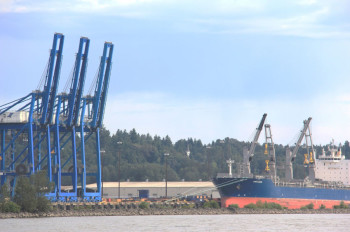Environmental policies and international trade

Key publications:
Sato, M. 2014. Product level embodied carbon flows in bilateral trade Ecological Economics. Forthcoming.
K.Neuhoff; B. Vanderborght; A. Ancygier; A.T. Atasoy; M. Haussner; R. Ismer; B. Mack; JP. Ponssard; P. Quirion; A. van Rooij; N. Sabio; O. Sartor; M. Sato and A. Schopp. 2014. Carbon Control and Competitiveness Post 2020: The Cement Report.
Report on the European cement industry by the international research network Climate Strategies
– Link to publication
Misato Sato, Karsten Neuhoff, Verena Graichen, Katja Schumacher, Felix Matthes. 2014. Sectors Under Scrutiny: Evaluation of Indicators to Assess the Risk of Carbon Leakage in the UK and Germany. In: Environmental and Resource Economics
This paper assesses the robustness of the quantitative assessment criteria used by the European Commission for Phase 3. For example we apply the criteria to data for UK and Germany
– Link to paper
Misato Sato, 2013. Embodied carbon in trade: a survey of the empirical literature. In Journal of Economic Surveys
This paper critically reviews the literature on embodied carbon in trade and evaluates our present empirical understanding of these flows.
– Link to paper

